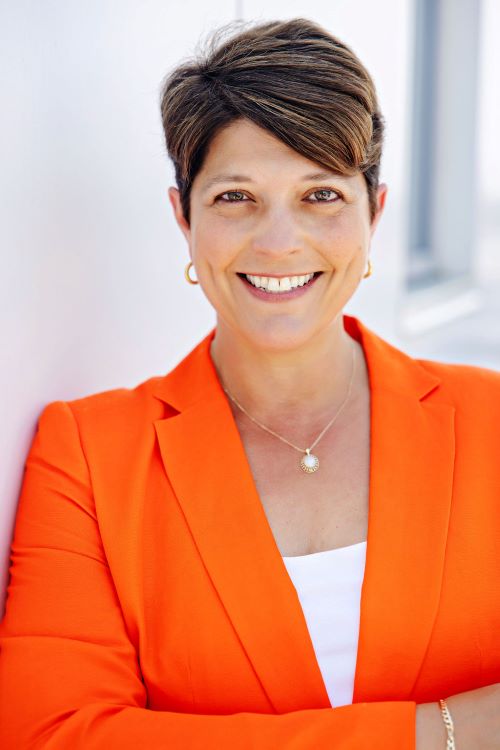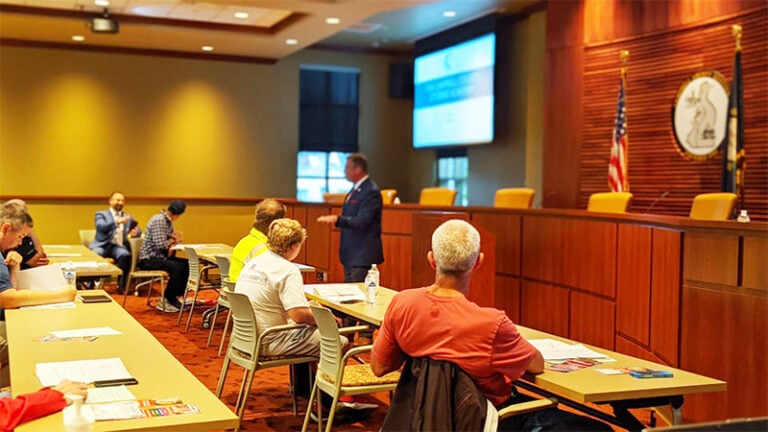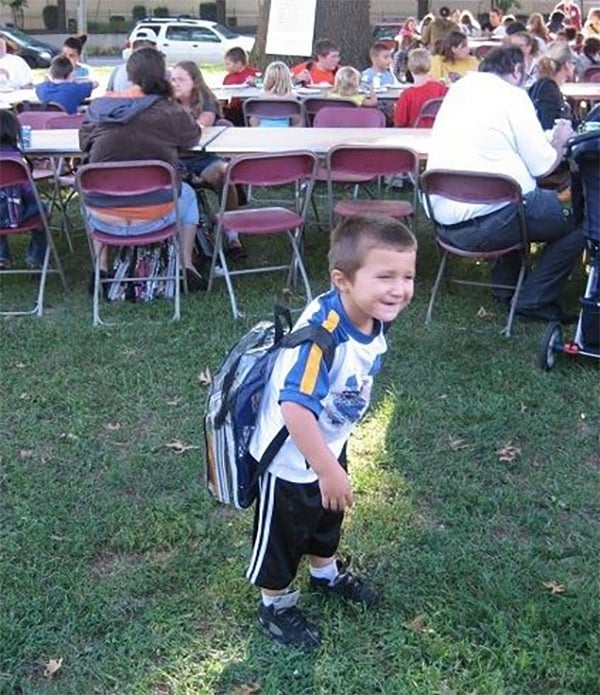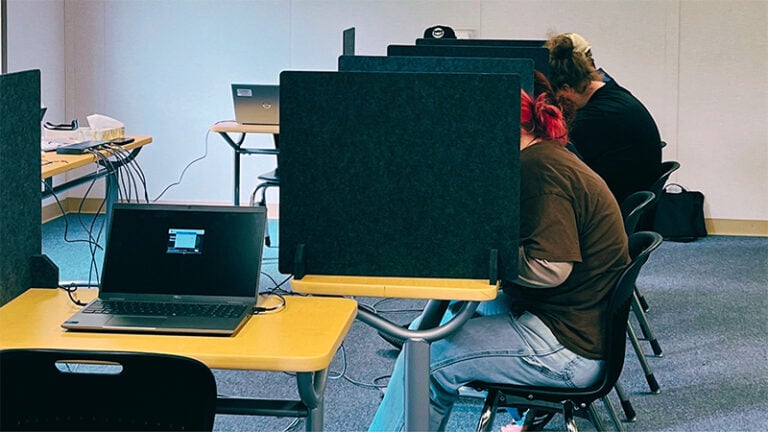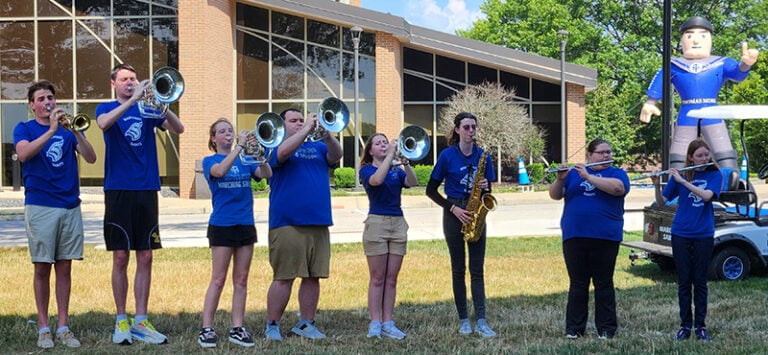By Steve Flairty
NKyTribune columnist
That name, Louis D. Brandeis, the one that is attached to the law school building on the University of Louisville campus… who is this person? Was he another one of those rich guys who gave the school lots of money and, well, expected at least this bit of recognition?
I was curious about this name, too, and recently researched its significance. I found out that Brandeis was born in Louisville in 1856, that his accomplishments were many, and his influence spread way beyond his native state. He was a good guy.

Most noteworthy might be that in 1916, Brandeis became a United States Associate Supreme Court Justice, serving until 1939. He was the first Jewish person to do so, and one of eleven Kentuckians in history to attain a seat on America’s highest court.
He grew up in Louisville with his Jewish parents, immigrants from Prague, Bohemia, who came to the U.S. for political and economic reasons. He had three siblings. Brandeis demonstrated early that he was an academic star. He was especially fond of languages and graduated from Louisville Male High School at age 14 with the highest marks, and at age 16, the University of Louisville Public Schools awarded him a gold medal for “excellence in all his studies.”
The family, anticipating an economic downturn, returned to Europe in 1872. There, Louis studied and continued to excel while studying at Annenschule, in Dresden, Germany. He later gave credit to his academic training in Dresden for his capacity for critical thinking and his interest in studying law in the United States.
Coming back to America in 1876, Brandeis enrolled at Harvard, where according to the Louisville School of Law’s web site, “he blossomed in the intellectually charged atmosphere of case analysis and Socratic dialogue created by Professor Christopher Columbus Langdell.” How high did he ascend? “Justice Brandeis’ academic record at Harvard Law School remains the highest of any law graduate,” the site noted. “In 1976, the Brandeis Honor Society was founded by law students, faculty and administration to honor students who demonstrate excellence in their legal studies.”
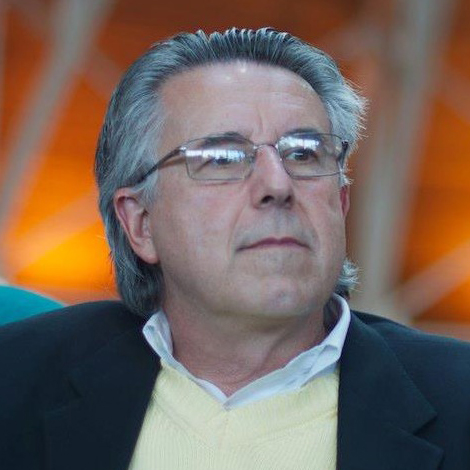
After graduating from Harvard, he worked briefly at a law firm in St. Louis, then returned to Boston for a law partnership with Samuel Warren, and together they wrote a historically groundbreaking article, “The Right to Privacy,” published in the Harvard Law Review in 1890.
On his career path to the Supreme Court and afterward, Brandeis is noted for a number of contributions:
• As a Boston attorney, he was known as “the people’s lawyer,” defending the constitutionality of state hours and wages laws. He devised a “savings-bank life insurance plan” for working people and helped strengthen the government’s antitrust power.
• Developed the “Brandeis brief,” which allowed a wide variety of resources to be used in legal arguments.
• As well as the Louisville Law School named in his honor, Brandeis University, in Waltham, Massachusetts, was also named after him.
• Recognized as a champion of free speech throughout his law career.
• Devoted at least an hour a day to public service. That was a major influence in Louisville’s law school requiring public service work, one of the first in America to do so. In 1905, he delivered an address to the Harvard Ethical Society called “The Opportunity of Law,” emphasizing the element of public trust in law practice.
• A founding member of the Massachusetts Bar Association.
And how did Brandeis directly benefit the college and law school named after him? He supported the law school and its library by donating money, books, and his personal papers though he had permanently left Louisville in 1872.
The great man of jurisprudence with Kentucky roots died in Washington, D.C. on October 5, 1941. He, along with his wife, Alice, who died four years later, were cremated and are buried underneath the portico of the Brandeis School of Law.
A program designed to fight the ravages of cancer in Eastern Kentucky has announced the release of a new book, written by high school and college students who are from one of the 54 Appalachian counties in Kentucky and belong to a special medical preparatory program. Cancer in Appalachia: A Collection of Youth-Told Stories (Butler Books, 2023) is the first volume of a planned fiction series written by Appalachian Career Training in Oncology (ACTION) students. The program was established in 2016 by Dr. Nathan Vanderford, an associate professor at the UK College of Medicine.
ACTION’s mission is to encourage students of the region, through cancer-related courses and other experiences, to gain interest in pursuing biomedical careers with a focus on cancer.
The program published two books of student essays in 2020 and 2022, volumes one and two of The Cancer Crisis in Appalachia: Kentucky Students Take Action. These two, along with the latest one, are available on Amazon.com.
Dr. Vanderford described the differences between the released literary offerings. “The first two books were students’ writing personal stories about their experiences with cancer, why they think cancer is so bad in Eastern Kentucky, and what they think can be done to lower the rates,” he said. “This new book starts a new series. Here, I asked students to write realistic fiction stories about cancer in Eastern Kentucky. A few students wrote poems.”
For more information about the work of the ACTION program and/or the books, visit ukhealthcare.uky.edu or email Dr. Vanderford at nathan.vanderford@uky.edu.







